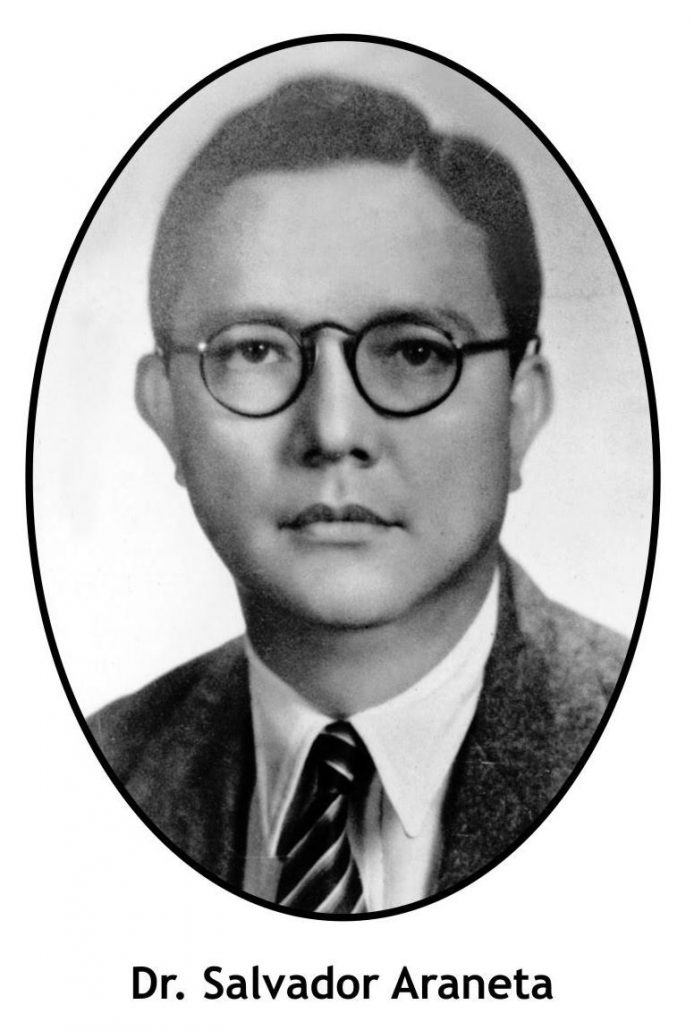 WE SHOULD not confuse the Tribune of the People with the Constitutional Tribunal. The Tribune is the prosecuting arm vested in an intermediate body. The Constitutional Tribunal is an official body, the highest moderating power of the Government, with judicial functions on public law and supervision over independent Commissions including the Tribune of the People.
WE SHOULD not confuse the Tribune of the People with the Constitutional Tribunal. The Tribune is the prosecuting arm vested in an intermediate body. The Constitutional Tribunal is an official body, the highest moderating power of the Government, with judicial functions on public law and supervision over independent Commissions including the Tribune of the People.
CHAPTER VII
THE DEMOCRATIZATION OF WEALTH
Article 61. An Act of Parliament may create such authorities as the National Economic Development Authority, the Public Service Authority, the People’s Housing Authority, the People’s Income-Producing Authority, the Credit and Monetary Authority (Central Bank), all geared to promote the democratization of wealth.
These Authorities shall be vested with limited powers of legislation and implementation of their plans and projects. Their sources of finance shall be derived from their taxing powers, defined and limited by Parliament, and from the issuance of bonds under such terms and conditions that may be prescribed by the Act of Parliament.
Article 62. An Act of Parliament may adopt such tools as the following:
- Enterprises requiring any special protection from the State hereinafter to be enumerated, shall limit the equity held by the well-to-do economic upper class to 20 percent of its equity, which shall be covered by common shares, each having one vote. The balance will be underwritten by the Authority, covered by preferred shares, five of them to have one vote. Once the enterprise is an ongoing concern, the Authority shall sell the shares at cost to the new savings class on a long deferred plan bearing a low rate of interest.
The special protection of the State takes place when an enterprise applies for a concession from the Government, for the operation of public utilities, for the utilization of natural resources, including mining resources, for tax exemption privileges, tariff protection, import control protection, and liberal credit for capital expenditures applied to government of private credit institutions.
The limitation of 20 percent equity shall not take place when the entrepreneurs have enough savings of their own and can command all capital financial needs without borrowing money from any credit institutions and do not need any special assistance from the government;
- Encourage savings among the middle class through a grant-in-aid of their savings to be invested in enterprises promoted by the Authority;
- Impose a credit policy on all financial institutions to grant loans in inverse proportion to the wealth of the borrower;
- Provide insurance against loss of a loan obtained by the new savings class, not exceeding a certain amount, the proceeds of which are invested in enterprises promoted by the Authority;
- Set up a system of compulsory savings among employees and officials of an enterprise promoted and funded by financial institutions of the Government or by an Authority;
- Promote the purchase of preferred shares bearing a low rate of interest invested in worker’s commercial banks, building and loan associations, credit unions, agricultural machinery pools and producers cooperatives with voting powers of the members in proportion to their patronage;
- Eliminate income and capital gains tax on corporations, provided that they are required to pay cash dividends once they have accumulated a reserve of 15 percent of their capital.
Thus, corporations shall not be allowed to invest their profits back in to the enterprise for their expansion and shall have to declare cash dividends to stockholders, which shall be subject to income tax collected at source. For their expansion, corporations shall have to raise funds by offering their stocks to stockholders, to the public in general, and their employees in particular;
- Extend a credit policy to the non-propertied, new savings class for the purchase of stocks in enterprise promoted by the Government at a subsidized rate of interest with a long range payment plan.
The loan shall be guaranteed by the shares of stock without recourse to his other properties. The income from his personal work shall not be used to pay for the stocks. Payments of the loan shall come from the dividends of the purchased shares;
- Levy a higher income tax on de facto monopolies, public utilities holding monopoly franchises, and economic enterprises which have equities of more than 30 percent owned by aliens.
There shall be a system of profit sharing payable in shares of stock of the corporation preferably on a non-compartmentalized basis. Actually, it would mean a specific income tax on all corporations payable in stocks of the corporations to be distributed by the Social Security System to the low salaried employees of all private business enterprises;
- Impose a compulsory subscription of preferred shares on new subscribers of a public utility which need financing to expand its facilities to meet the requirements of new clients as for telephone, power, water distributions, etc.;
- Provide a tax deduction for grants-in-aid extended by employers to promote savings among their personnel;
- Provide the seed money for investment in enterprises promoted by the government with salary loans by government financial institutions at a subsidized rate of interest;
- Institute a system of inheritance and donation taxes geared to the wealth of a recipient and not to the blood relationship between the giver and the receiver. (To be continued/PN)

